videos + essays
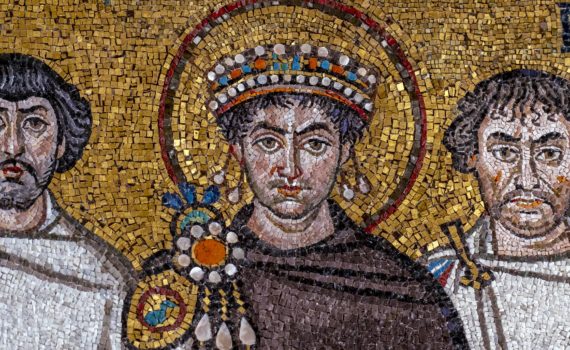
San Vitale and the Justinian and Theodora Mosaics
Gold, glass, and marble dazzle the eye in this 6th-century church. High above us, Emperor Justinian presides.
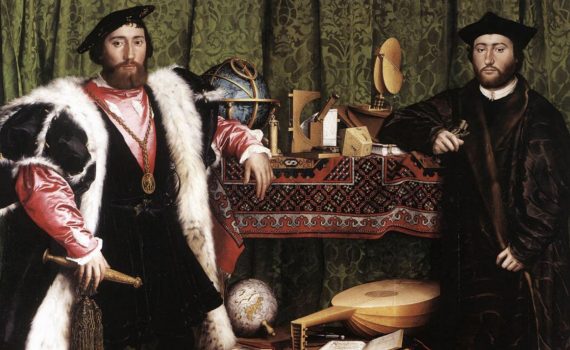
The carpet and the globe: Holbein’s The Ambassadors reframed
Everything seems so perfect... Hang on, what’s that in the foreground? And why is that lute string broken?
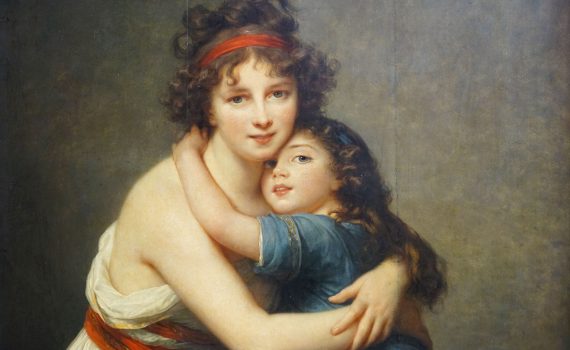
Vigée Le Brun, Self-Portrait with her Daughter
Artificial? Moi? This genuine portrait of familial affection challenged assumptions about the aristocracy.
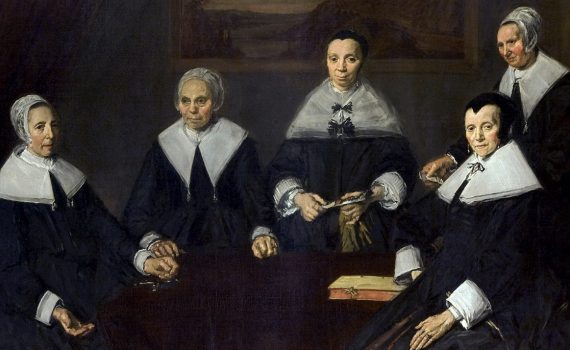
Frans Hals, The Women Regents
The subjects appear quiet and austere, yet Hals’s expressive use of paint animates this group portrait.
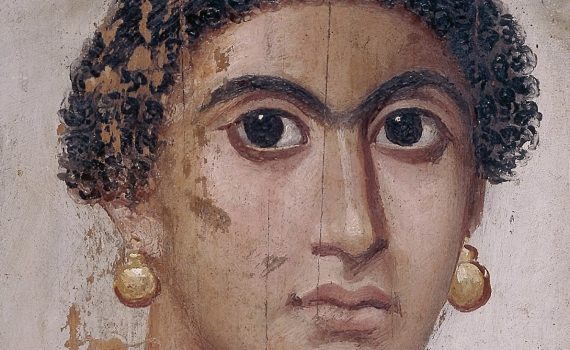
Egyptian mummy portraits
Ancient Egyptians made little use of naturalistic portraits, but this changed following capture by Rome.
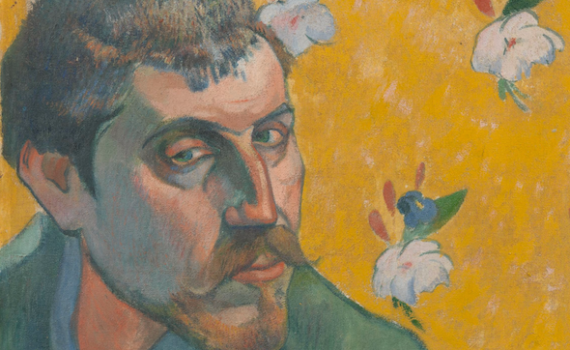
Paul Gauguin, Self-Portrait with Portrait of Émile Bernard (Les misérables)
These self-portraits were swapped like friendship bracelets among Gauguin, Bernard, and their buddy Van Gogh.
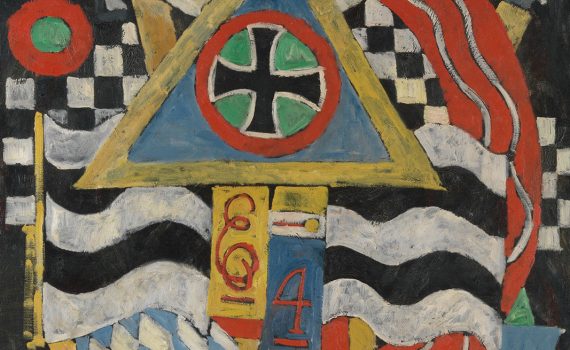
Marsden Hartley, Portrait of a German Officer
Does a portrait need to be an accurate visual representation of the subject?

Sofonisba Anguissola
Female painters were rare in sixteenth-century Italy. In self-portraits, Sofonisba made sure to appear virtuous.
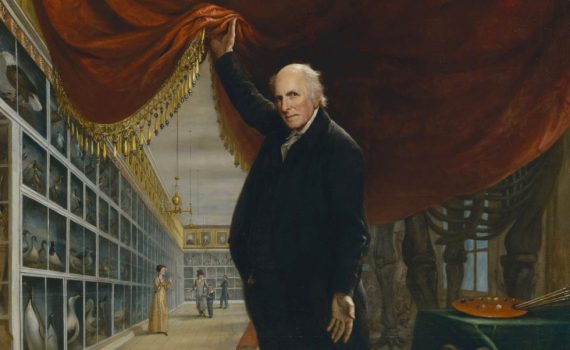
Charles Willson Peale, The Artist in His Museum
What couldn’t Peale do? He is shown as he saw himself: portraitist, naturalist, curator, and Enlightenment thinker.
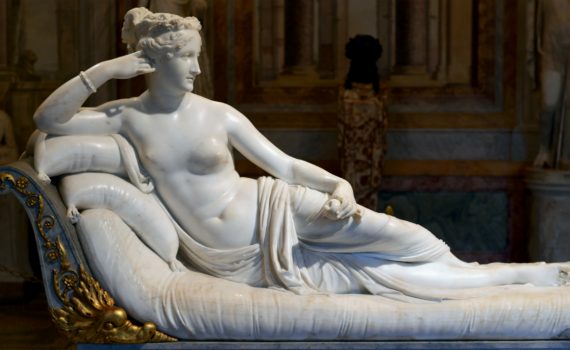
Antonio Canova, Paolina Borghese as Venus Victorious
Napoleon’s sister courted controversy and posed semi-nude for Canova, who sculpted her as a modern-day Venus.
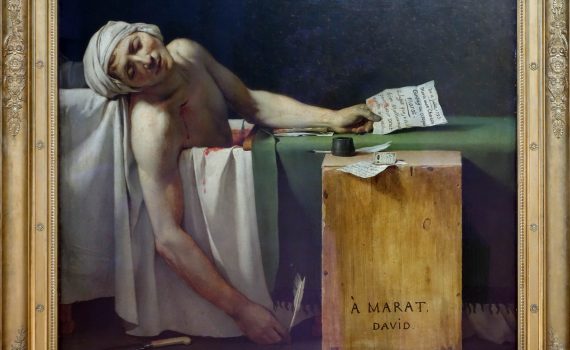
Jacques-Louis David, The Death of Marat
This idealized portrait celebrates Republican ideals and memorializes a Revolutionary martyr in the pose of Christ.
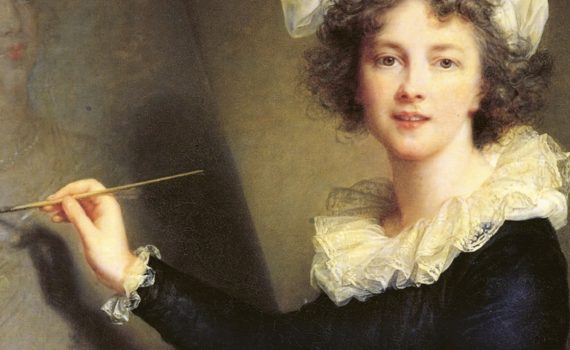
Élisabeth Louise Vigée Le Brun, Self-Portrait
She fled France in disguise, but Vigée Le Brun does little to conceal her face—or her sympathy to Marie Antoinette.

